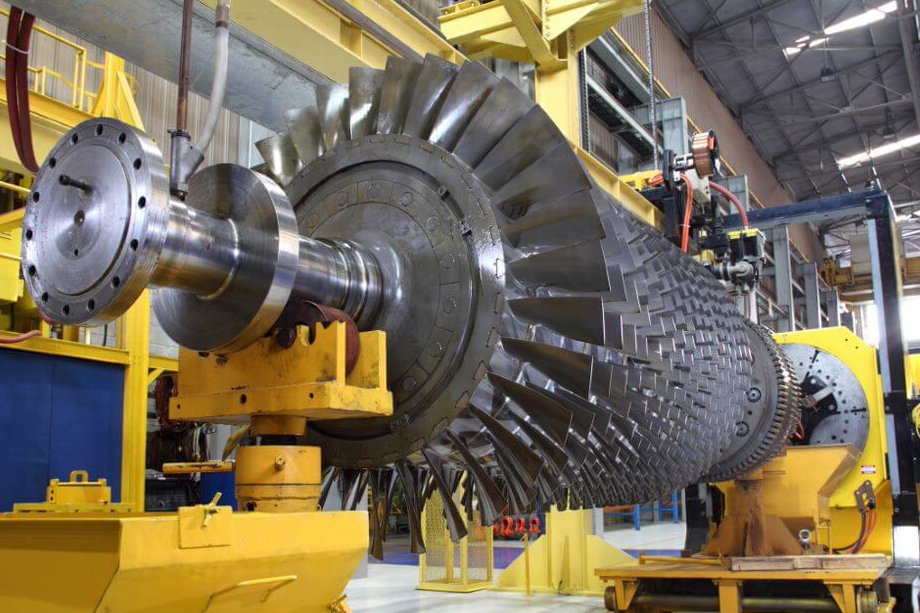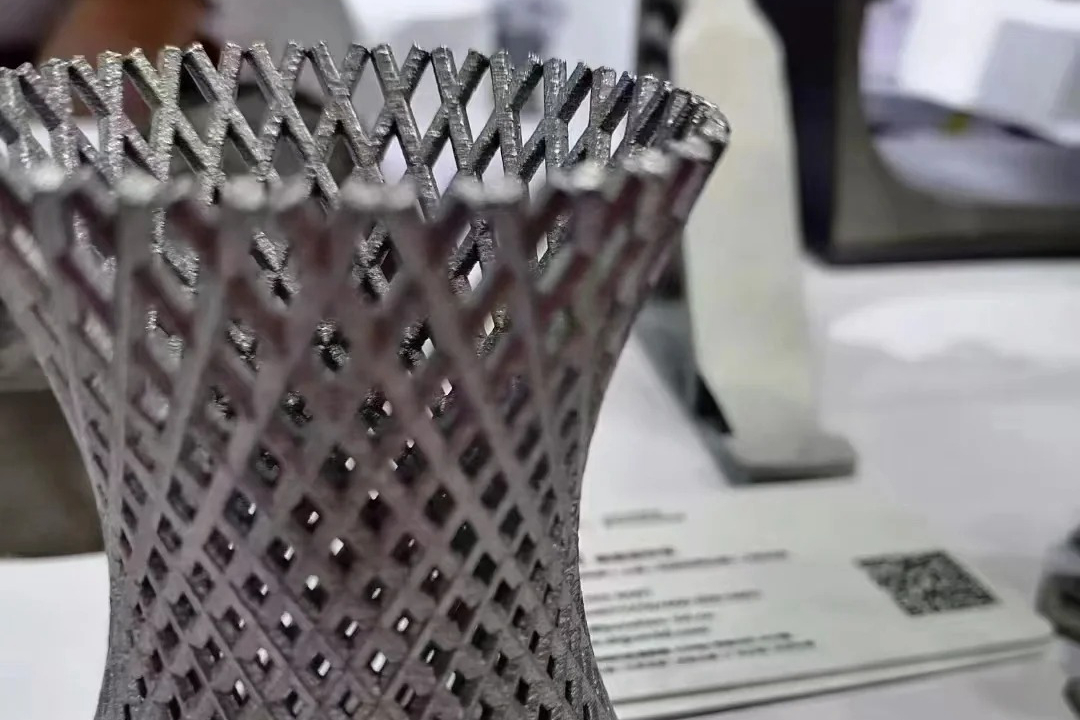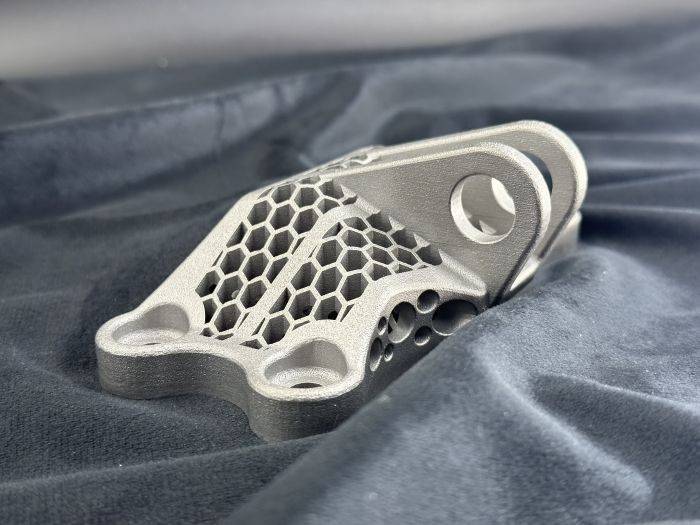Can you provide elevated-temperature tensile tests?
High-Temperature Mechanical Characterization Services
Yes, we comprehensively provide elevated-temperature tensile testing to characterize material performance under thermal conditions simulating actual service environments. This advanced mechanical testing capability is crucial for qualifying materials intended for high-temperature applications across the aerospace, energy, and automotive industries. Our testing methodologies adhere to international standards, including ASTM E21 and ISO 6892-2 for elevated-temperature tension testing, ensuring reliable and comparable data for critical engineering decisions regarding material selection and component design.
Testing Infrastructure and Temperature Ranges
Specialized Thermal Mechanical Testing Systems
Our laboratory utilizes electromechanical testing frames equipped with precisely controlled environmental chambers that can maintain temperatures from ambient to 1200°C with exceptional stability. These systems incorporate water-cooled grips to protect load frame components while maintaining precise alignment at high temperatures. For materials processed through Hot Isostatic Pressing (HIP) or those requiring Heat Treatment, this testing validates the effectiveness of these processes in maintaining mechanical integrity under thermal exposure.
Temperature Calibration and Control
We implement rigorous temperature verification protocols using independent thermocouples positioned adjacent to the specimen gauge section, ensuring temperature gradients remain within ±2°C of the target temperature throughout the test duration. This precise thermal management is particularly critical when evaluating the performance of Superalloy components for Aerospace and Aviation applications or materials with Thermal Barrier Coatings (TBC) where temperature-dependent property transitions must be accurately characterized.
Application-Specific High-Temperature Testing
Additive Manufacturing Material Qualification
Elevated-temperature tensile testing is indispensable for qualifying additively manufactured components, particularly those produced via Powder Bed Fusion using high-performance materials. We routinely characterize the temperature-dependent mechanical behavior of Titanium Alloy specimens, examining how build orientation affects strength retention at elevated temperatures. Similarly, we test Stainless Steel components to establish design allowables for applications in Energy and Power generation systems where thermal cycling occurs.
Advanced Material Systems Evaluation
Our elevated-temperature testing capabilities extend to specialized material systems, including Ceramic matrix composites and refractory metals for extreme environment applications. We characterize the complex interplay between temperature, strain rate, and deformation mechanisms in these advanced materials, providing crucial data for design engineers developing components for Automotive turbocharger systems or hypersonic vehicle structures. This testing often reveals temperature-dependent failure modes that would remain undetected in standard room-temperature evaluations.
Data Reporting and Analysis
Comprehensive High-Temperature Property Determination
Our elevated-temperature tensile testing reports include complete temperature-dependent mechanical properties including yield strength, ultimate tensile strength, elongation, and reduction of area. We additionally provide detailed analysis of fracture surfaces using scanning electron microscopy to correlate mechanical performance with microstructural features and failure mechanisms. This integrated approach delivers actionable insights for material development and component design optimization across thermally demanding applications.



